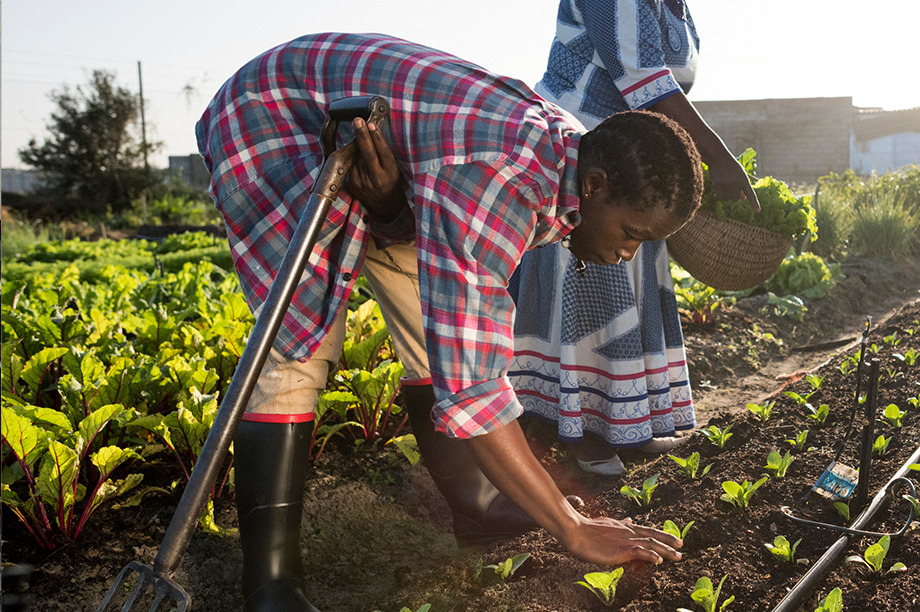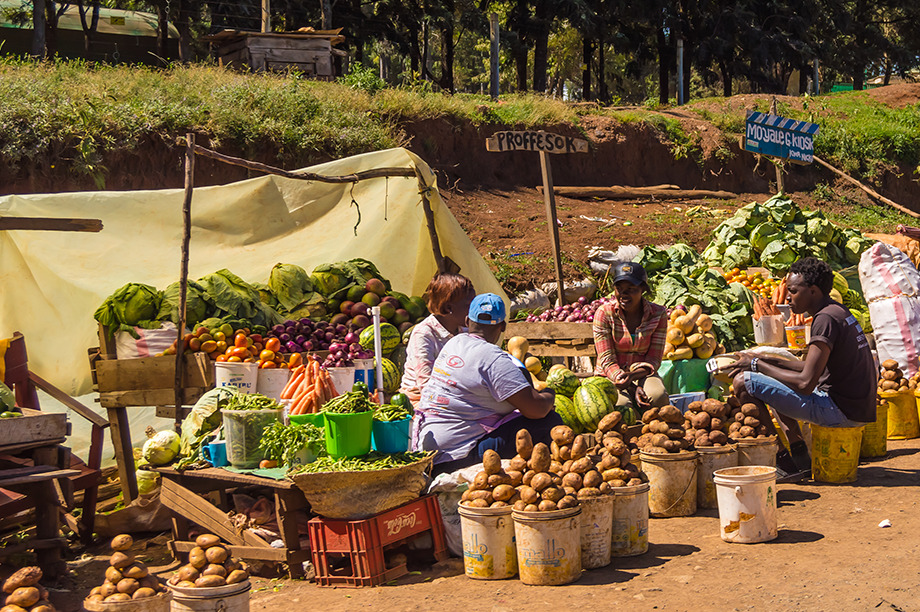Lorenzo Casaburi
Associate Professor of Development Economics
Zurich ZCED

In the textbook model of insurance, income is transferred across states of the world, from good states to bad. In practice, however, most insurance products also transfer income across time: the premium is paid upfront with certainty, and any payouts are made in the future if a bad state occurs. As a result, the demand for insurance depends not just on risk aversion, but also on several additional factors, including liquidity constraints, intertemporal preferences, and trust. Since these factors can also make it harder to smooth consumption over time, and hence to self-insure, charging the premium upfront may reduce demand for insurance precisely when the potential gains are largest, for example among the poor.
This study provides experimental evidence on the consequences of the transfer across time in insurance, by evaluating a crop insurance product which eliminates it. Crop insurance offers large potential welfare gains in developing countries, as farmers face risky incomes and have insufficient savings to self-insure. Yet demand for crop insurance has remained persistently low, in spite of heavy subsidies, product innovation, and marketing campaigns.
We show that the intertemporal transfer can help explain low insurance demand, especially among the poor, and in a randomized control trial in Kenya we test a crop insurance product which removes it. The product is interlinked with a contract farming scheme: as with other inputs, the buyer of the crop offers the insurance and deducts the premium from farmer revenues at harvest time. The take-up rate is 72%, compared to 5% for the standard upfront contract, and take-up is highest among poorer farmers. Additional experiments and outcomes indicate that liquidity constraints, present bias, and counterparty risk are all important constraints on the demand for standard insurance. Finally, evidence from a natural experiment in the United States, exploiting a change in the timing of the premium payment for Federal Crop Insurance, shows that the transfer across time also affects insurance adoption in developed countries.
Associate Professor of Development Economics
Zurich ZCED
Columbia University







